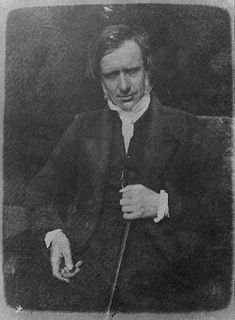A Quote by Toni Morrison
Related Quotes
Love is never any better than the lover. Wicked people love wickedly, violent people love violently, weak people love weakly, stupid people love stupidly, but the love a free man is never safe. There is no gift for the beloved. the lover alone possesses his gift of love. The loved one is shorn, neutralized, frozen in the glance of the lover’s inward eyes.
But I am all for love, and I am against marriage, particularly the arranged kind, because the arranged marriage gives you satisfaction. And love? - love can never satisfy you. It gives you more and more thirst for a better and better love, it makes you more and more long for it, it gives you tremendous discontentment. And that discontent is the beginning of the search for God. When love fails many times, you start looking for a new kind of lover, a new kind of love, a new quality of love. That love affair is prayer, meditation, sannyas.
I wish I could love people as you do, Molly!' 'Don't you?' said the other, in surprise. 'No. A good number of people love me, I believe, or at least they think they do; but I never seem to care much for any one. I do believe I love you, little Molly, whom I have only known for ten days, better than any one.
The people who know God well - the mystics, the hermits, those who risk everything to find God - always meet a lover, not a dictator. God is never found to be an abusive father or a tyrannical mother, but always a lover who is more than we dared hope for. How different than the "account manager" that most people seem to worship. God is a lover who receives and forgives everything.
Very few men can speak of Nature, for instance, with any truth. They overstep her modesty, somehow or other, and confer no favor.They do not speak a good word for her. Most cry better than they speak, and you can get more nature out of them by pinching than by addressing them. The surliness with which the woodchopper speaks of his woods, handling them as indifferently as his axe, is better than the mealy-mouthed enthusiasm of the lover of nature. Better that the primrose by the river's brim be a yellow primrose, and nothing more, than that it be something less.
Pleasure and pain at once register upon the lover, inasmuch as the desirability of the love object derives, in part, from its lack. To whom is it lacking? To the lover. If we follow the trajectory of eros we consistently find it tracing out this same route: it moves out from the lover toward the beloved, then ricochets back to the lover himself and the hole in him, unnoticed before. Who is the subject of most love poems? Not the beloved. It is that hole.





































